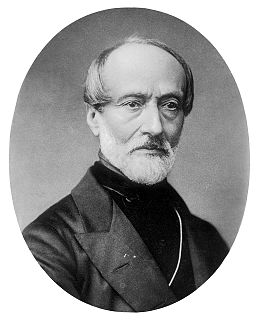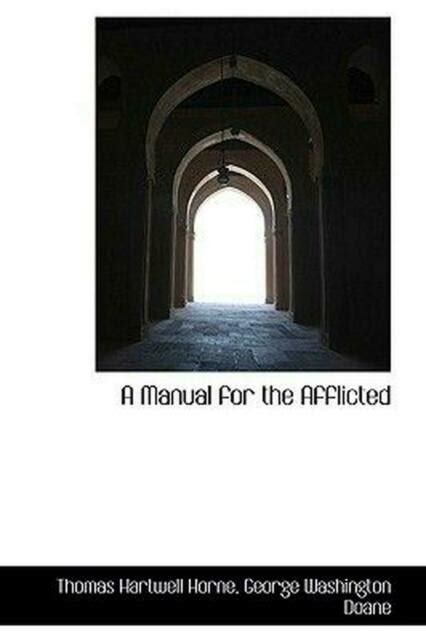A Quote by Marcel Proust
Pleasures are like photographs: in the presence of the person we love, we take only negatives, which we develop later, at home, when we have at our disposal once more our inner dark room, the door of which it is strictly forbidden to open while others are present.
Related Quotes
It’s in our interest to take care of others. Self-centrednes s is opposed to basic human nature. In our own interest as human beings we need to pay attention to our inner values. Sometimes people think compassion is only of help to others, while we get no benefit. This is a mistake. When you concern yourself with others, you naturally develop a sense of self-confidence . To help others takes courage and inner strength.
Awareness born of love is the only force that can bring healing and renewal. Out of our love for another person, we become more willing to let our old identities wither and fall away, and enter a dark night of the soul, so that we may stand naked once more in the presence of the great mystery that lies at the core of our being. This is how love ripens us -by warming us from within, inspiring us to break out of our shell, and lighting our way through the dark passage to new birth.
O my Brothers! love your Country. Our Country is our home, the home which God has given us, placing therein a numerous family which we love and are loved by, and with which we have a more intimate and quicker communion of feeling and thought than with others; a family which by its concentration upon a given spot, and by the homogeneous nature of its elements, is destined for a special kind of activity.
As adults, if our top priorities are constantly directed toward the acquisition of more and better worldly goods, it will not take long to increase our love in those directions. The purchase of a larger house or a nicer car or a more expensive boat may cause us to sacrifice our resources and develop an unwise love for these symbols of success and pleasure. We learn to love that which we serve, and we serve that which we love.
When we let go of our battles and open our heart to things as they are, then we come to rest in the present moment. This is the beginning and the end of spiritual practice. Only in this moment can we discover that which is timeless. Only here can we find the love that we seek. Love in the past is simply memory, and love in the future is fantasy. Only in the reality of the present can we love, can we awaken, can we find peace and understanding and connection with ourselves and the world.
Love makes us instinctively reach out to God and other people. Lust, on the other hand, is anything but godly and celebrates self-indulgence. Love comes with open hands and open heart; lust comes with only an open appetite. These are just some of the reasons that prostituting the true meaning of love-either with imagination or another person-is so destructive. It destroys that which is second only to our faith in God-namely, faith in those we love. It shakes the pillars of trust upon which present-or future-love is built, and it takes a long time to rebuild that trust when it is lost.
Spirituality is an inner fire, a mystical sustenance that feeds our souls. The mystical journey drives us into ourselves, to a sacred flame at our center. The purpose of the religious experience is to develop the eyes by which we see this inner flame, and our capacity to live its mystery. In its presence, we are warmed and ignited. When too far from the blaze, we are cold and spiritually lifeless. We are less than human without that heat. Our connection to God is life itself.
Never forget that when we are dealing with any pleasure in its healthy and normal and satisfying form, we are, in a sense, on the Enemy’s (God’s) ground…He [God] made the pleasure: all our research so far has not enabled us to produce one. All we can do is to encourage the humans to take the pleasures which our Enemy [God] has produced, at at times, or in ways, or in degrees, which He [God] has forbidden.
Reform is a good replete with paradox; it is a cathartic which our political quacks, like our medical, recommend to others, but will not take themselves; it is admired by all who cannot effect it, and abused by all who can; it is thought pregnant with danger, for all time that is present, but would have been extremely profitable for that which is past, and will be highly salutary for that which is to come.
There is no question in my mind that if we summon our resources, both our leadership resources and all of the tools at our disposal, not just military force, which should be used as a last resort, but our diplomacy, our development aid, law enforcement, sharing of intelligence in a much more open and cooperative way. We can bring people together, but it cannot be an American fight.
The world that we live in is full of distractions and pleasures that pull us away from a spiritual life. Even our jobs which are a very necessary and important part of our lives can end up being the altar at which we pray. They consume most of our waking hours and provide the income on which we are dependent in order to take care of our families.
The riches of heaven, the honor which cometh from God only, and the pleasures at His right hand, the absence of all evil, the presence and enjoyment of all good, and this good enduring to eternity, never more to be taken from us, never more to be in any, the least degree, diminished, but forever increasing, these are the wreaths which form the contexture of that crown held forth to our hopes.
It considers not only how we relate to others, but how we relate to our ideas of others so that a completely phony, non-human replica of a dead wife can inspire the same feelings that the wife herself once did. That is a peculiarity of humans: We feel the same emotions for our ideas as we do for the real world, which is why we can cry while reading a book, or fall in love with movie stars. Our idea of humanity bewitches us, while humanity itself stays safely sealed away into its billions of separate containers, or "people.







































